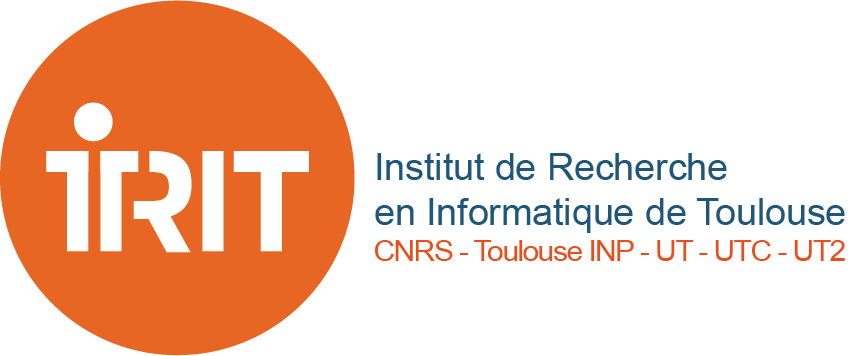L’équipe SMAC s’intéresse à la modélisation et à la résolution de problèmes dans les systèmes complexes grâce à la technologie multi-agent. Les systèmes complexes sont des systèmes composés d’un grand nombre d’entités en interaction locale dont on ne peut prévoir l’évolution autrement que par l’expérience ou la simulation. Autrement dit, malgré une connaissance parfaite des composants élémentaires du système, on ne connaît pas de programme capable de prévoir son comportement qui soit plus court que celui décrivant le système de manière exhaustive. Maîtriser le fonctionnement de tels systèmes comprenant des non-linéarités provenant de boucles de rétroaction, ainsi que le couplage entre niveaux (le macro-niveau du système est produit par les entités du microniveau, mais il contraint aussi ce micro-niveau) est l’objectif de nos travaux de recherche (illustrés par différents travaux de thèse, projets et applications).
Ces travaux s’articulent autour de six champs fortement liés les uns aux autres par les concepts d’adaptation, d’auto-organisation et d’émergence.
- Axe « auto-adaptation « . Le comportement adaptatif d’un système lui permet de réagir à l’interaction avec un environnement dynamique, soit pour continuer à réaliser sa tâche, soit pour améliorer son fonctionnement [Robertson, 2000]. Le défi est alors de concilier l’autonomie d’un système face à des situations imprévues et la maîtrise nécessaire que l’humain doit en avoir.
- Axe « auto-organisation, coopération et émergence « . L’auto-organisation est un mécanisme ou processus qui permet à un système de changer son organisation en cours de fonctionnement et sans contrôle explicite externe [A. Di Marzo, M.P. Gleizes, A. Karageorgos, TFGSO 2005]. Dans un système multi-agent, l’auto-organisation se traduit par un changement de l’organisation entre les agents. Le défi est alors de trouver les comportements locaux des agents (des lois au niveau individuel), les règles des agents qui mettent en oeuvre l’auto-organisation et qui permettent de concevoir des systèmes fonctionnellement adéquats. L’adéquation fonctionnelle est le jugement positif porté par des utilisateurs finals sur l’activité du système.
- Axe « conception et modélisation « . L’objectif de cet axe est d’améliorer et de fournir une assistance pour le développement d’applications à base d’agents coopératifs.
- Axe « coordination adaptative « . Elle permet de gérer les dépendances entre les activités des agents.
- Axe » résolution collective de problèmes « . L’objectif est ici d’étudier la manière dont les systèmes multi-agents adaptatifs apportent une solution à la résolution de problèmes multi-disciplines, multi-objectifs et multi-échelles. Cette approche permet, en environnement dynamique, de proposer une nouvelle configuration à partir d’une solution précédente en minimisant les modifications endogènes et, surtout, sans recommencer une nouvelle résolution à chaque perturbation.
- Axe » simulation « . La problématique de cet axe est d’étudier et de développer des outils et méthodes permettant d’explorer des modèles. A long terme, on souhaite notamment intégrer à une plate-forme de simulation multi-agent, les outils nécessaires à l’étude de propriétés émergentes.

